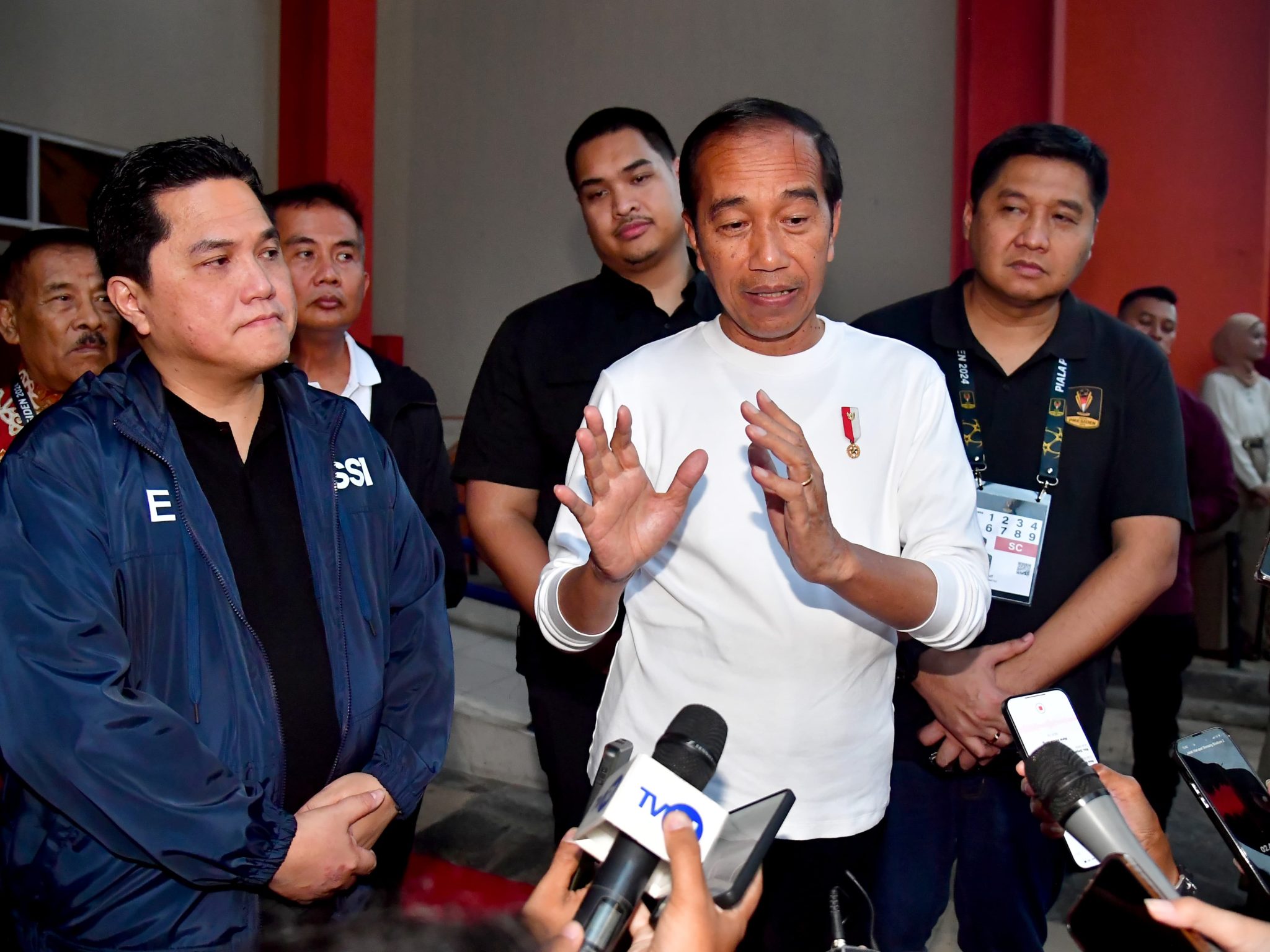Indonesia’s foreign debt in Q3 of 2022 decreases

The Indonesian foreign debt in the third quarter of 2022 contracted by 7.0 percent (year-on-year/yoy), deeper than the contraction in the previous quarter of 2.9 percent (yoy).
Jakarta (Indonesia Window) – Bank Indonesia (BI, the central bank) has recorded the Indonesian foreign debt in the third quarter of 2022 at 394.6 billion US dollars, a decrease compared to that in the second quarter of 2022 of 403.6 billion US dollars.
This development was caused by a decrease in the foreign debts of the public sector (government and central bank) and the private sector, Executive Director of the BI Communication Department, Erwin Haryono, said in his official statement received here Wednesday.
On an annual basis, the position of the Indonesian foreign debt in the third quarter of 2022 contracted by 7.0 percent (year-on-year/yoy), deeper than the contraction in the previous quarter of 2.9 percent (yoy), he said.
The government’s external debt in the third quarter of 2022 continued to decline, he said, adding that the government’s external debt position in the third quarter of 2022 was 182.3 billion dollars, lower than the position in the second quarter of 2022 which amounted to 187.3 billion dollars.
On an annual basis, the government’s external debt contracted by 11.3 percent (yoy), deeper than the contraction in the previous quarter of 8.6 percent (yoy), Erwin explained.
According to Erwin, the decline in the government’s external debt position was caused by a shift in investment from domestic government securities to other instruments, thereby reducing the portion of non-resident investors’ ownership of domestic government securities in line with increasing uncertainty on global financial markets.
Repayment of several program and project loans that were due also contributed to a decrease in the government’s external debt during the reporting period. Meanwhile, withdrawing external debt in the third quarter of 2022 is still prioritized to support government priority spending, including efforts to deal with Covid-19 and the National Economic Recovery program.
The government is committed to maintaining credibility by fulfilling obligations to pay debt principal and interest in a timely manner, and managing external debt in a prudent, credible and accountable manner, Erwin said.
Meanwhile, private external debt also continued its downward trend, he said while explaining that the position of private external debt in the third quarter of 2022 was recorded at 204.1 billion dollars, lower than the previous quarter’s position of 207.7 billion dollars.
On an annual basis, private external debt contracted by 2.6 percent (yoy), deeper than the contraction in the previous quarter of 0.1 percent (yoy).
This development was caused by a contraction in the external debt of financial corporations and non-financial corporations by 4.5 percent (yoy) and 2.1 percent (yoy) respectively, partly due to net payments of debt securities.
The structure of Indonesia’s external debt remains healthy, supported by the application of the prudent principle in its management. Indonesia’s external debt remained under control in the third quarter of 2022, reflected in the ratio of Indonesia’s external debt to Gross Domestic Product (GDP) which was maintained at around 30.1 percent, down from the ratio in the previous quarter of 31.8 percent.
In addition, Indonesia’s external debt structure remains healthy, as demonstrated by Indonesia’s external debt which is still dominated by long-term external debt, with a share of 87.4 percent of the total external debt.
In order to maintain a healthy external debt structure, Bank Indonesia and the government continue to strengthen coordination in monitoring the development of the external debt, supported by the application of the precautionary principle in its management.
The role of the external debt will also continue to be optimized in supporting development financing and encouraging the national economic recovery, by minimizing risks that could affect economic stability.
Reporting by Indonesia Window










